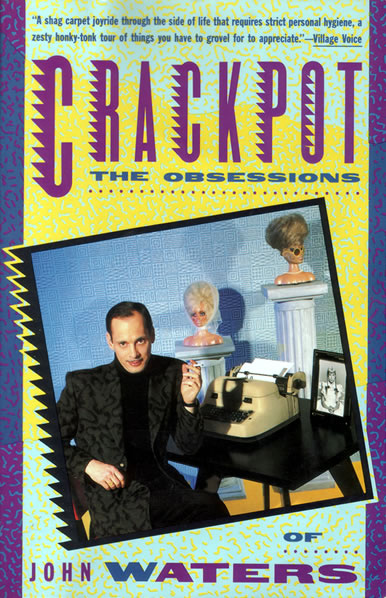The Phoenix - the making of modern London by Leo Hollis
The author takes the important period in the history of London and England, the age between the reign of Charles II and Queen Anne. The book starts just before the great fire of London in 1666, talks us through the great thinkers of the day and reveals how much they contributed to the advancement of our country in just half a century. The rebuilding of London after the devastation of the fire is staggering considering what they were up against - the cost and the logistics. The great minds brought to consider many of the periods problems were the likes of Christopher Wren, John Locke, John Evelyn, Robert Hooke, and many more.
The achievements during those few decades years were remarkable - the rebuilding of London including the mighty St Pauls Cathedral, the Bill of Rights, the founding of the Royal Society and it's encouragements on the advancements of scientific experiments, the founding of the financial City of London.
Definately made me want to seek out more to read on this very interesting era. One little passage about Christopher Wren was very poignant. He was 37 when he got married for the first time to a lady who'd been a neighbour when they were children. Sadly they were only married for six years before she died and there remains only a scrap of a letter written from him to her on the return of a watch he got repaired for her:
I have sent your Watch at last & envy the felicity of it, that it should be soe near your side & soe often enjoy your Eye......but have a care for it, for I have put such a spell into it; that every Beating of the Balance will tell you 'tis the Pulse of my Heart, which labors as much to serve you and more trewly than the Watch; for the Watch I beleeve will sometimes lie, and sometimes be idle & unwilling...but as for me you may be confident I shall never..
sweet.
The author takes the important period in the history of London and England, the age between the reign of Charles II and Queen Anne. The book starts just before the great fire of London in 1666, talks us through the great thinkers of the day and reveals how much they contributed to the advancement of our country in just half a century. The rebuilding of London after the devastation of the fire is staggering considering what they were up against - the cost and the logistics. The great minds brought to consider many of the periods problems were the likes of Christopher Wren, John Locke, John Evelyn, Robert Hooke, and many more.
The achievements during those few decades years were remarkable - the rebuilding of London including the mighty St Pauls Cathedral, the Bill of Rights, the founding of the Royal Society and it's encouragements on the advancements of scientific experiments, the founding of the financial City of London.
Definately made me want to seek out more to read on this very interesting era. One little passage about Christopher Wren was very poignant. He was 37 when he got married for the first time to a lady who'd been a neighbour when they were children. Sadly they were only married for six years before she died and there remains only a scrap of a letter written from him to her on the return of a watch he got repaired for her:
I have sent your Watch at last & envy the felicity of it, that it should be soe near your side & soe often enjoy your Eye......but have a care for it, for I have put such a spell into it; that every Beating of the Balance will tell you 'tis the Pulse of my Heart, which labors as much to serve you and more trewly than the Watch; for the Watch I beleeve will sometimes lie, and sometimes be idle & unwilling...but as for me you may be confident I shall never..
sweet.

 )
)








